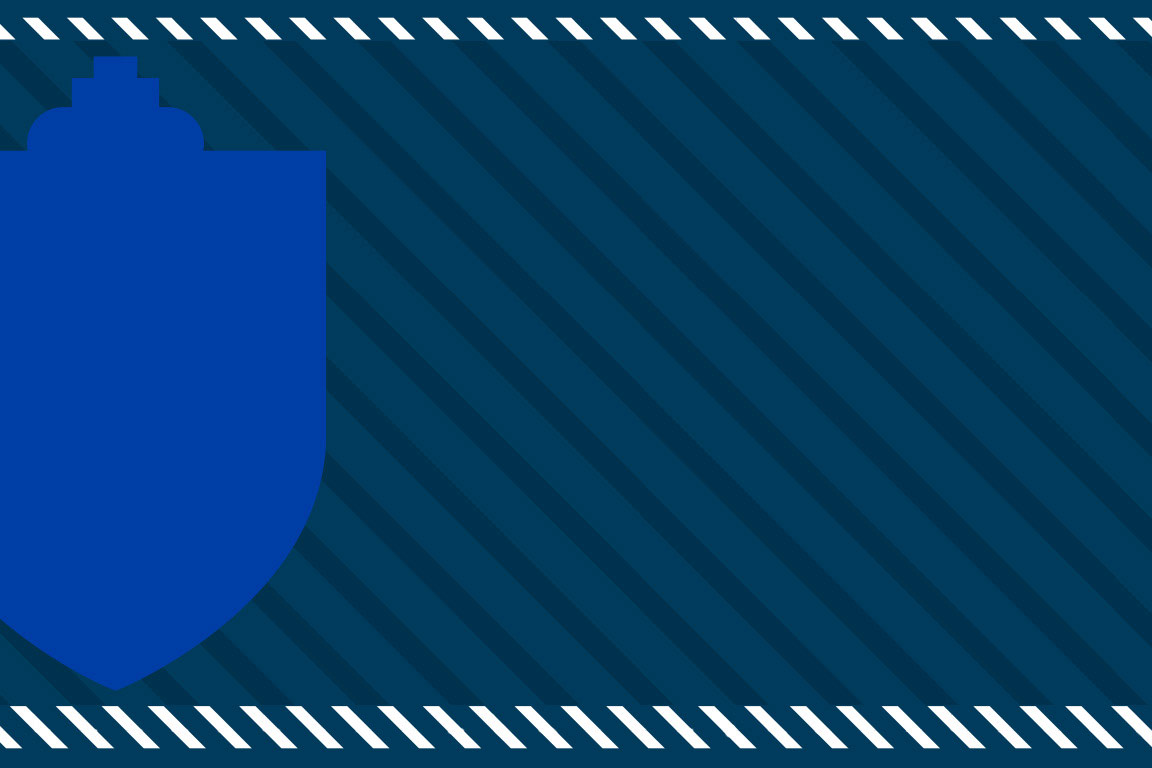Spotlight on the Center for Health Law Studies
The School of Law’s health law faculty has risen to the challenge to help craft the public health response to COVID-19.
The Center for Health Law Studies’ reputation has been long established among the academy and practitioners alike. Formed in 1982, the Center was one of the first law school programs to focus on the intersection of the health care system and the legal system.
Unbeknownst to its founders at the time, the Center would help define the budding field of health care law. Now in its fourth decade, it was recently recognized for the 16th year by U.S. News & World Report as the top program of its kind in the nation.
Approximately a quarter of SLU LAW’s incoming students choose the school because of this national reputation as they seek to pursue niche expertise in an increasingly relevant area of practice. Over the years, health law scholars have been asked to weigh in on everything from the implementation of Medicare and Medicaid, the concentration of health care markets, the effects of the Affordable Care Act, the opioid crisis response and more.
But perhaps never has the field been more relevant than during this pandemic, the likes of which have not been seen in more than a century.
Since the start of the COVID-19 outbreak, the faculty of the Center for Health Law Studies has been stepping out as leaders in the field, serving as consultants for national media and local government on disaster-related legal issues and contributing to scholarly publications and conferences. Their output has been immense, and especially impressive as it has been taking place right alongside their crash course in moving legal education entirely online.
Prof. Rob Gatter, an expert on pandemic preparedness and quarantine policy, was immediately named to St. Louis County Health Department’s COVID-19 Response Team, where he has been a valuable asset for the region. His additional scholarly work for academic publications and his contribution to local media publications have been substantial.
Prof. Ana Santos Rutschman, an expert on emerging health care innovations and patent law who has previously served as a consultant to the World Health Organization, has been presenting widely about coronavirus vaccine development and misinformation, including as a panelist for the World Trade Institute (Bern, Switzerland), for the R Street Institute and for the Science Squad nonprofit, among many others.
Prof. Ruqaiijah Yearby, who has devoted much of her scholarship to racial equity in health care access and outcomes, has provided commentary on the virus’ higher death rates in communities of color, particularly Black communities.
Prof. Elizabeth Pendo has been researching and writing on how the COVID-19 pandemic is adversely affecting the allocation of scarce resources for Americans with disabilities, and Prof. Sidney D. Watson has been addressing the roles that Medicaid and the Affordable Care Act play in the public health response.
These are just a few of the ways in which our health law faculty members have been using their expertise to further public health knowledge during this crisis.
In Their Own Words
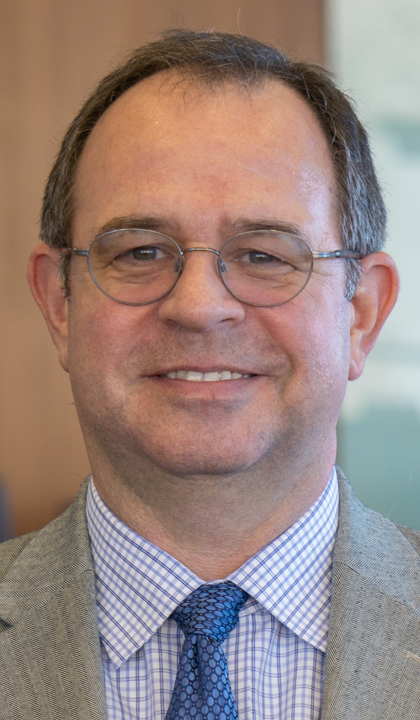 Rob Gatter
Rob Gatter
“What is the appropriate constitutional standard of review on quarantine orders, isolation orders, orders closing schools and businesses, and orders requiring us to shelter at home? … Today it would be possible for litigants to introduce effectiveness data to really assess whether or not a measure is effective and how effective in comparison to other actions that could be taken.
‘Never let a good crisis go to waste.’ This is the moment when orders are being challenged
in court. This is the time, then, to be pushing for this idea of focused scrutiny.
… These are the factual findings that need to be made in order to inform whether or
not the public health official or governor was acting in a rational and non-arbitrary
measure. It’s hard to imagine that this is a ‘good crisis,’ but there’s certainly
plenty to be done and plenty to be learned from this so that we’re better prepared
for the next time.”
“Are Coronavirus Restrictions Constitutional?” Presentation
‘Isolated by the Law’ Online Symposium, hosted by Wake Forest Law, April 15, 2020
Watch here
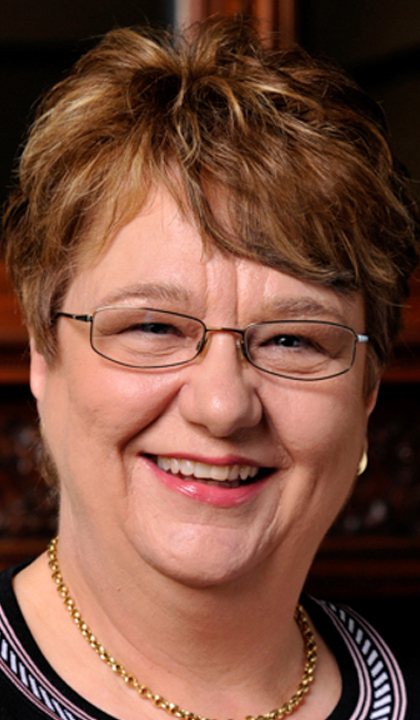 Sandra Johnson (Emerita)
Sandra Johnson (Emerita)
“It’s become commonplace to hear leaders and celebrities and all good-hearted people
say that they are so grateful to the people putting themselves at risk to keep essential
services going, to take care of ‘us.’ The grocery workers, hospital housekeeping,
warehouse and meat plant workers, home care, nursing home aides, bus drivers, and
so on are rightly included in this list. Real gratitude, however, should lead us to
provide a living wage and benefits for all these workers after the crisis has dissipated.
They will be the veterans of this ‘war’ against the virus. They will bear physical,
psychological and financial wounds. Don’t forget them after this is over.”
Letter to the Editor, St. Louis Post-Dispatch, May 6, 2020
Read here
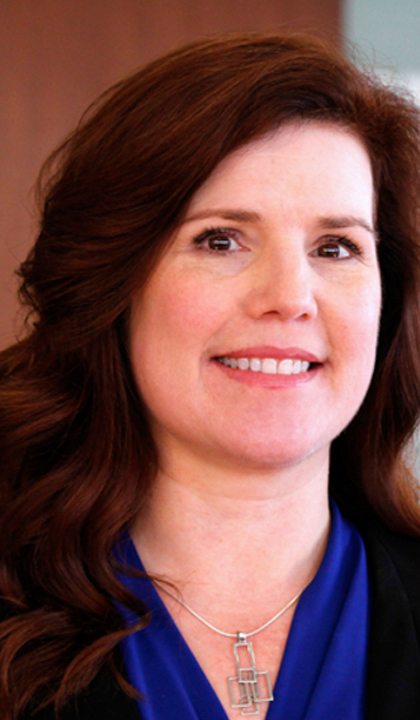 Elizabeth Pendo
Elizabeth Pendo
“COVID-19 presents a host of disability equity issues, but we want to focus today
on decisions to allocate scarce healthcare resources, also sometimes called triage
policies. Ventilators are one example but not the only example – hospital beds and
the time and attention of health care workers are also scarce healthcare resources,
among others. In the absence of a federal policy on how scarce resources should be
allocated, states and institutions are creating their own allocation policies, and
in some cases these are created through an open, transparent process with community
participation, but in other cases, not. And some health care institutions do not have
a formalized policy, which is very concerning because some of these [informal] policies
appear to discriminate against people with disabilities.”
“Allocation of Scarce Healthcare Resources in the Time of COVID 19: Perspectives from
Disability Law and Ethics”
Panel hosted by the SLU LAW Center for Health Law Studies, April 8, 2020
Watch here
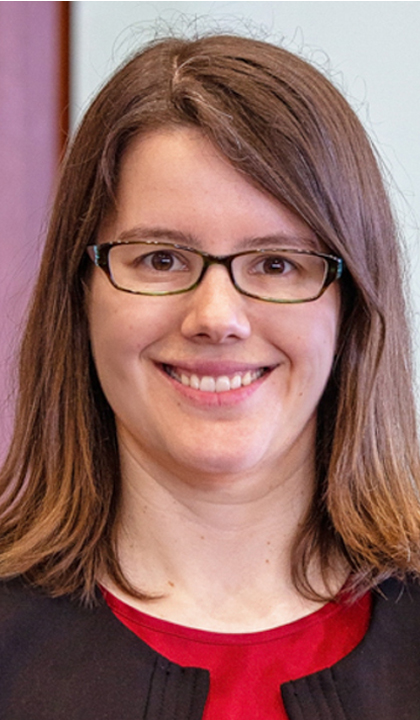 Ana Santos Rutschman
Ana Santos Rutschman
This [timeline] compression is good; it solves a classic intellectual property problem
in the field of vaccines, which is the incentives problem. It is almost perverse that
the pandemic cures the incentives problems we have in the vaccines space, but that’s
what we’ve seen before. We saw this with Ebola and Zika … the same happened, not to
this extent, but we temporarily cured the IP-related incentives problem and the underinvestment.”
“Pandemic and the Global Economy: IP Protection and Access to Medical Technology in
Health Emergencies”
Panel hosted by the World Trade Institute, May 1, 2020
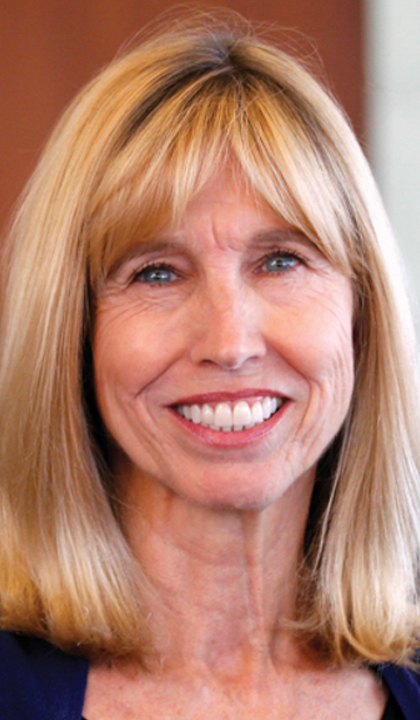 Sidney D. Watson
Sidney D. Watson
“Medicaid non-expansion states are entering this pandemic with one hand tied behind
their back. By not expanding Medicaid, they cannot cover low-income adults who are
not parents under Medicaid. We know that that is about 2 million adults in this country
as we started this process whom states could make eligible for Medicaid and they haven’t.
These are states like Missouri and Alabama and Georgia and Mississippi that are poor
states.”
“Medicaid and the ACA” COVID-19 Law Briefing
Panel hosted by the Public Health Law Watch, an initiative of the George Consortium,
April 16, 2020
Watch here
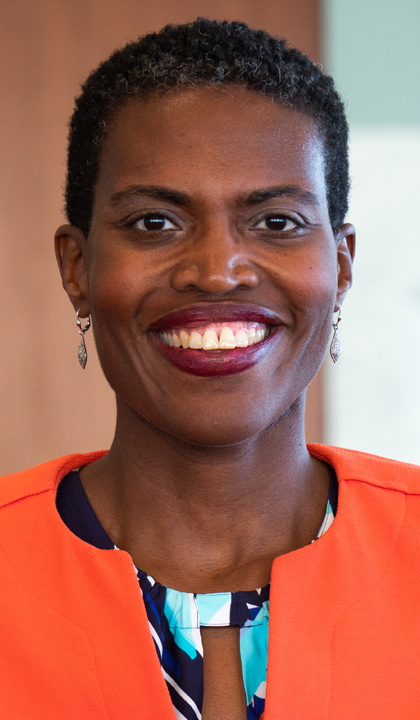 Ruqaiijah Yearby
Ruqaiijah Yearby
“There are three main causes to me why we see these higher cases and higher death rates [in communities of color]. One is because of a continuation of higher chronic diseases and people of color. Also poverty and the relegation to low-wage jobs, and then also housing. We already know about the racial inequalities — particularly in terms of housing-related health disparities — and those connect to some of the major risk factors for COVID-19.
Data is always great, but you can't point to data to actually lead to change, so the
key is that we need to use the data to make some kind of change … whether that is
structurally to ensure that people don't get kicked out of their houses and have access
to clean water. But also, it means that they are going to need mental health support
right now, because living through this tragedy is affecting people.”
“Beyond COVID-19 Data: What Can St. Louis Do to Bring About Health Care Equity?”
Interview with St. Louis Public Radio, April 27, 2020
Listen here
